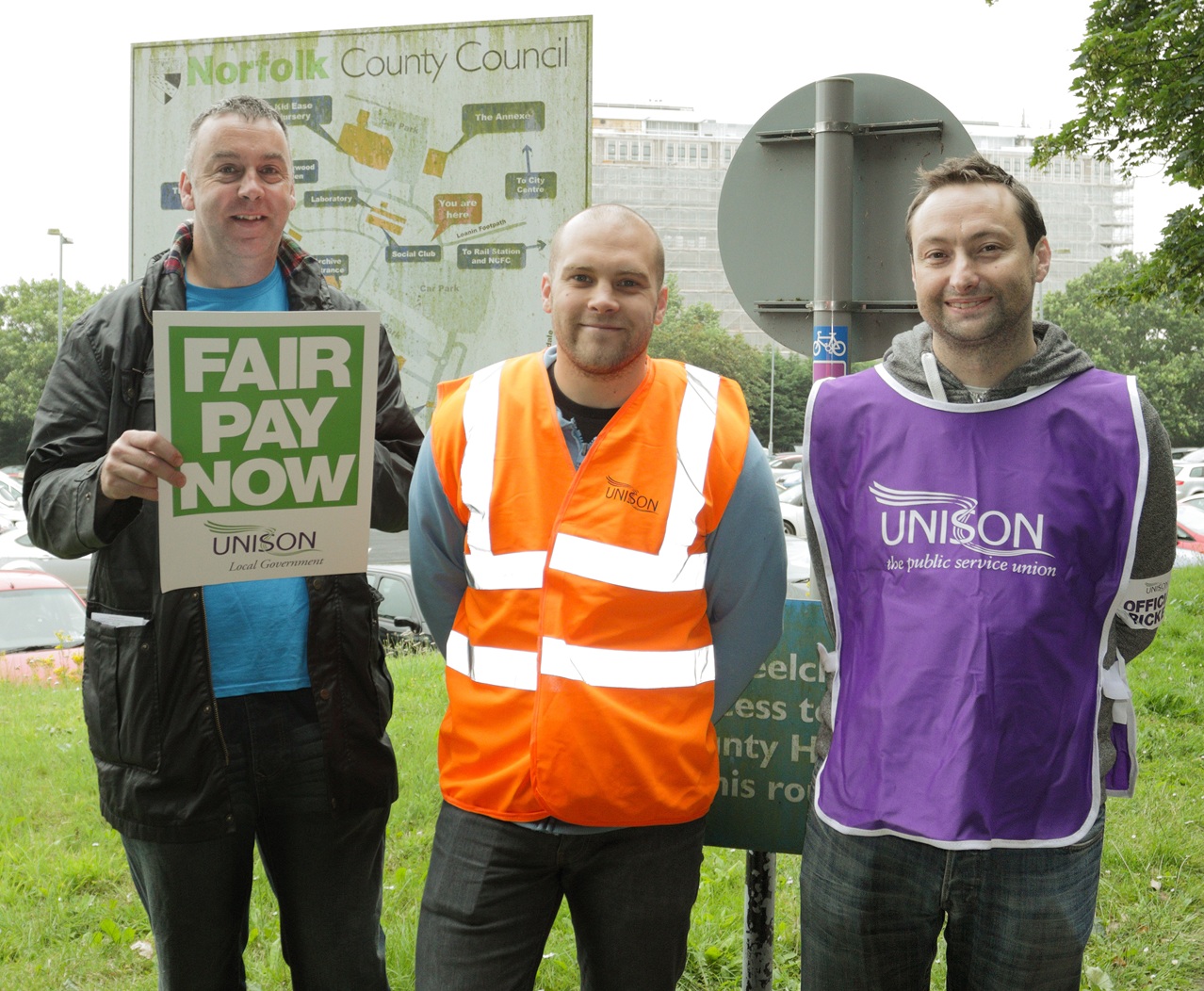Let’s Get Real On Living Wage
The National Living Wage, the government's legal minimum, has risen to £12.21 per hour but nearly 16,000 UK employers already go further by...
Read Full Article
Eligible full-time workers should now see an extra £117 in their pay packets from this month thanks to rises in the National Living Wage, which came into effect today on April Fools Day.
The move, which is part of Labour’s Plan for Change was made in the autumn budget and not reversed in the Chancellor’s Spring Statement. Rachel Reeves and her cronies believe the extra money will filter down into the high street to give a double whammy!
The changes will also see a pay boost for Britain’s young people – with the National Minimum Wage for younger workers and apprentices seeing increases. Minimum wage age-bands have been altered so that we will no see a 21-year-old getting paid more than a 20-year-old for doing the same job.
Highest minimum
UK is second in the G7 in terms of the minimum wage relative to average wages for a full-time worker – ahead of the US, Germany and Japan.
Deputy Prime Minister Angela Rayner says: “This pay rise for over 3 million of the lowest paid workers was a priority for this government and means we’re already giving hard working people more money in their pockets and a proper wage increase worth over twice the rate of inflation.
“These changes are part of our Plan for Change to raise living standards for people across the county, including apprentices and young people, giving them more job security and the huge pay boost they deserve too.”
Chancellor of the Exchequer, Rachel Reeves, adds: “In the last Parliament, living standards were the worst on record and sky-high inflation was crushing working people’s finances. We have raised the national minimum and living wages, meaning the lowest paid will receive an annual pay boost of up to £2,500.
“Making work pay is good for workers, will strengthen businesses’ workforces and will grow our economy for years to come. It’s a key milestone on my number one mission to get more money in people’s pockets as we deliver our Plan for Change.”
Business Secretary Jonathan Reynolds says:
“Recent research from ReWAGE and the University of Warwick shows that low pay can lead to mental health issues including depression, meaning more lost days and crippling productivity, leaving employers carrying the cost burden as well increasing costs to public services such as the NHS.
“By putting more money into the pockets of the lowest paid, this increases workers’ financial security instead offering stability to help increase staff retention and lowering recruitment costs for businesses in the long run.”
Picture: The Minimum Wage has gone up but workers continue to plea for higher pay.
Article written by Cathryn Ellis
09th April 2025